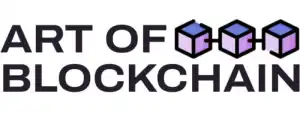Smart Contract Developer Interview: Impact of Ethereum Upgrades on Deployed Contracts
I had a Solidity interview recently, and one question made me fumble.
The question was “How do Ethereum upgrades (like EIPs) impact smart contracts that are already live?”
I’ve worked with Solidity for a while, umm mostly with DeFi and NFT smart contracts but I’ve never had to think much about Ethereum protocol upgrades. I get that some changes (like gas optimizations or new opcodes) might affect execution, but do live contracts automatically adjust, or do devs need to do something manually?
If you've dealt with this in production, how do you usually handle it? Any horror stories or best practices?
